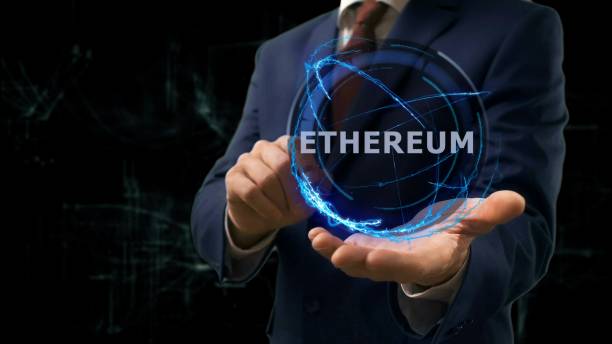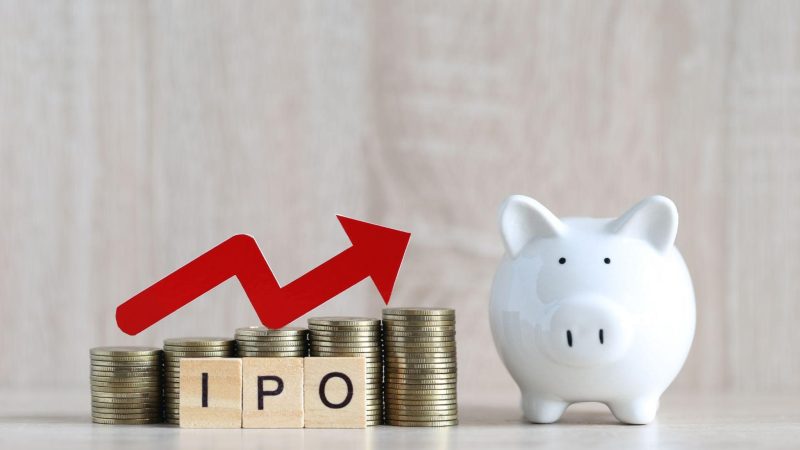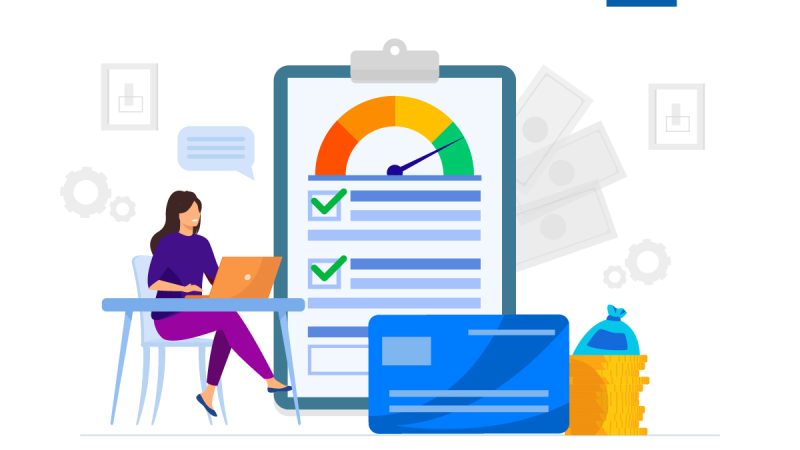How can Ethereum affect the food sector of Rwanda?

Ethereum can potentially have a significant impact on the food sector in Rwanda. For example, Ethereum could create a decentralized marketplace for food producers and distributors. It would allow for a more efficient and transparent food supply chain, leading to lower prices and better-quality food for consumers. If you wanted to be a crypto trader, you should also check the things to know before donating Bitcoin to charity.
Ethereum could also create smart contracts that could automate various aspects of the food industry, such as quality control and food safety. Ultimately, Ethereum could help create a more efficient and effective food sector in Rwanda, benefiting producers and consumers.
Several Ways how Ethereum can affect the food sector of Rwanda:
Ethereum can help create a more secure and transparent food supply chain by tracking items throughout the supply chain from farm to table.
Ethereum could also create decentralized applications (DApps) to help small farmers in Rwanda sell their products more efficiently. For example, a DApp could be created that allows farmers to list their products and connect with buyers directly.
In addition, Ethereum can help create a more efficient food system by reducing the cost and time of transportation. It would save businesses and consumers money and help get food to people who need it more quickly.
Finally, Ethereum can create educational DApps that can teach people about nutrition and how to grow their food. It could help improve food security in Rwanda by giving people the knowledge and tools they need to grow their food. It would also reduce the reliance on imported food, which can be expensive and of poor quality.
Positive effects of Ethereum on the food sector of Rwanda
The Ethereum blockchain has the potential to revolutionize the food sector in Rwanda. Firstly, it can help create a more transparent and efficient supply chain. Secondly, it can help to reduce fraud and corruption.
In conclusion, the Ethereum blockchain has the potential to impact the food sector in Rwanda in several ways positively.
Adverse effects of Ethereum on the food sector of Rwanda
There is no definitive answer to this question as the effects of Ethereum on the food sector of Rwanda could be both positive and negative.
While some argue that Ethereum could help make the food supply chain more efficient and transparent, others worry that the volatile nature of cryptocurrency could result in price fluctuations that could negatively impact farmers and consumers alike. Only time will tell how Ethereum will ultimately affect the food sector in Rwanda.
How can Ethereum help to create a more efficient food system?
Ethereum can help create a more efficient food system by reducing the need for intermediaries, improving traceability and provenance, and increasing transparency and accountability.
The agricultural industry faces many challenges, from climate change and volatile markets to Food & Water Watch reports that nearly one-third of all the food produced is wasted. In addition, the United Nations estimates that by 2050 there will be 9.1 billion people on the planet, requiring a 70% increase in food production.
Ethereum can help to address these challenges in several ways
First, Ethereum can reduce the need for intermediaries by enabling direct interactions between buyers and sellers. For example, a farmer could sell directly to a grocery store, or a consumer could buy directly from a farmer.
Second, Ethereum can improve traceability and provenance by tracking food items throughout the supply chain on a decentralized ledger. It would increase transparency and accountability, as well as help to identify problems and issues more quickly.
Third, Ethereum can help increase transparency and accountability by creating a decentralized marketplace for food. It would allow for greater competition and lower prices and provide consumers with more information about buying food.
In summary, Ethereum has the potential to help create a more efficient food system by reducing the need for intermediaries, improving traceability and provenance, and increasing transparency and accountability.
How can Ethereum help to improve food security in Rwanda?
Ethereum can help to improve food security in Rwanda by providing a decentralized platform for tracking food production and distribution. By using smart contracts, farmers and distributors can transparently record and track the progress of food production, from seed to sale.
Conclusion:
By creating a decentralized food market on the Ethereum blockchain, farmers and distributors can connect directly with one another without the need for intermediaries. It could lead to more efficient and cost-effective food distribution and ultimately help to improve food security in Rwanda.






